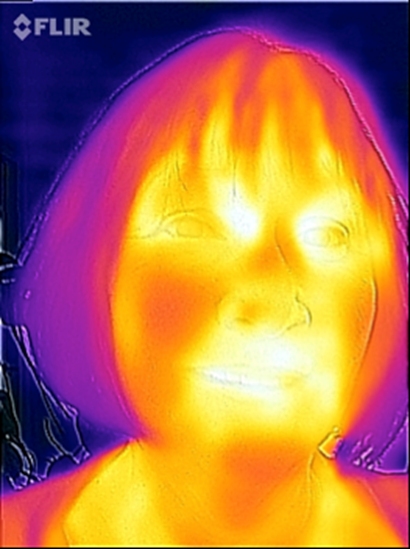Short course
September 24, 2024
Simulation Driven Thermal Design Optimization and Failure Rate Estimation
Thermal design and the resulting cooling capabilities are key performance drivers in many electronic applications. In the past years interest into algorithm-based thermal design and optimization has been steadily growing. In addition, focus has increased on not only the mean but also the variation. Requirements on failure rate and its measures Cp, Cpk, already standard in automotive industry, are spreading to the wider high-tech domain.
The failure rate, Cp and Cpk depend on both mean and standard deviation of the relevant thermal output. The mean value converges relatively quickly, but in many cases a minimum of 250 datapoints is needed to estimate the standard deviation to +/- 10% accuracy, and it is difficult to obtain this amount of data trough physical experiments or full simulations. At the same time, for some applications a +/-10% accuracy in Cp and Cpk is insufficient, and even more datapoints are needed.
Advances in software tooling enable the use of optimization methods derived from large volume manufacturing together with thermal computer simulations to derive so-called surrogate models, statistical models that enable the use of statistical tools for multi-response optimization of the working point and estimate the associated failure rate from the variation in the design inputs. Alternatively, if the variation in the design inputs is unknown, tolerancing simulations can be used to derive the requirements on the design inputs needed to obtain a certain failure rate.
The short course will cover the following topics:
- Basic statistics: distributions, probabilities, confidence interval of mean, confidence interval of standard deviation, 2 sample test, sample size, confidence and power, ANOVA.
- Setting up and Analysing the Virtual DOE (Design Of Experiments). The parametric solver feature of the CFD tool is used to simulate the virtual experiments.
- Multiple response optimization.
- Monte Carlo simulation and statistical capability, Cp, Cpk and confidence intervals of Cp, Cpk.
- Tolerancing.
Examples are shown mainly using a commercially available spreadsheet (Excel). In addition, examples are shown using a commercially available statistics tool (Minitab) and a commercially available dedicated design space exploration and optimization tool (HEEDS). All examples are thermal in nature; however, the mathematics and statistical techniques are general in nature and are also applicable to other domains.
The short course is 9.00 – 17.30 on September 24th. 2 coffee breaks and a course book are included in the price. Lunch is not included. A limited number of student places is available at student discount.
About the trainer:
Wendy Luiten is Design for Six Sigma Master Black Belt and Electronics Cooling expert. She was a Senior Thermal specialist at Philips Research Eindhoven for 30+ years, lectures at the High-Tech Institute Eindhoven for 10+ years and develops and delivers DfSS training programs at multiple companies in the High Tech industry.
Wendy Luiten is the author over 30 papers and holds 6 patents and pending patents. She received the THERMI award for ‘Significant Contributions to Semiconductor Thermal Management’ in 2024, the best paper award at SEMI-THERM 2002, the Harvey Rosten award for Excellence in 2014 and the Philips Research Outstanding Achievement award in 2015 and is a long term member of the program committee of both Therminic and Semitherm. LinkedIn

